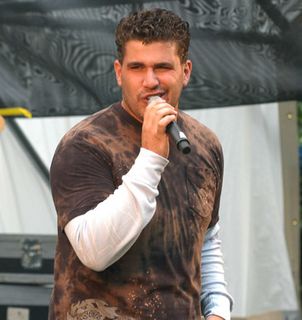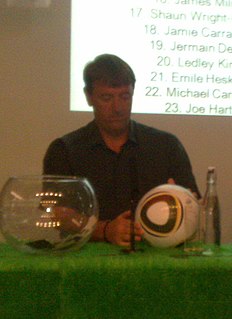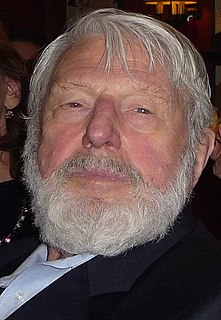A Quote by Harriet Beecher Stowe
Now, if the principle of toleration were once admitted into classical education - if it were admitted that the great object is to read and enjoy a language, and the stress of the teaching were placed on the few things absolutely essential to this result, if the tortoise were allowed time to creep, and the bird permitted to fly, and the fish to swim, towards the enchanted and divine sources of Helicon - all might in their own way arrive there, and rejoice in its flowers, its beauty, and its coolness.
Quote Topics
Absolutely
Admitted
Allowed
Arrive
Beauty
Bird
Classical
Classical Education
Coolness
Creep
Divine
Education
Enchanted
Enjoy
Essential
Few
Few Things
Fish
Flowers
Fly
Great
Language
Might
Now
Object
Once
Own
Permitted
Placed
Principle
Read
Rejoice
Result
Sources
Stress
Swim
Teaching
Things
Time
Toleration
Tortoise
Towards
Way
Were
Related Quotes
Once upon a time you were a fish. How do you know? Because I was also a fish. You, too? Sure. A long time ago. Anyway, being a fish, you knew how to swim. You were a great swimmer. A champion swimmer, you were. You loved the water. Why? What do you mean, why? Why did I love the water? Because it was your life! And as we talked, I would have let him go one finger at a time, until, without his realizing, he'd be floating without me. Perhaps that is what it means to be a father-to teach your child to live without you.
Most birds were created to fly. Being grounded for them is a limitation within their ability to fly, not the other way around. You, on the other hand, were created to be loved. So for you to live as if you were unloved is a limitation, not the other way around. Living unloved is like clipping a bird’s wings and removing its ability to fly. Not something I want for you. Pain has a way of clipping our wings and keeping us from being able to fly. And if left unresolved for very long, you can almost forget that you were ever created to fly in the first place.
Education and health were always matters of charity. You educated children and you helped the sick because they were good things to do, not because you were going to make money out of them. If you let the money-making principle, the profit-seeking motive, anywhere near education and health, things go bad.



































